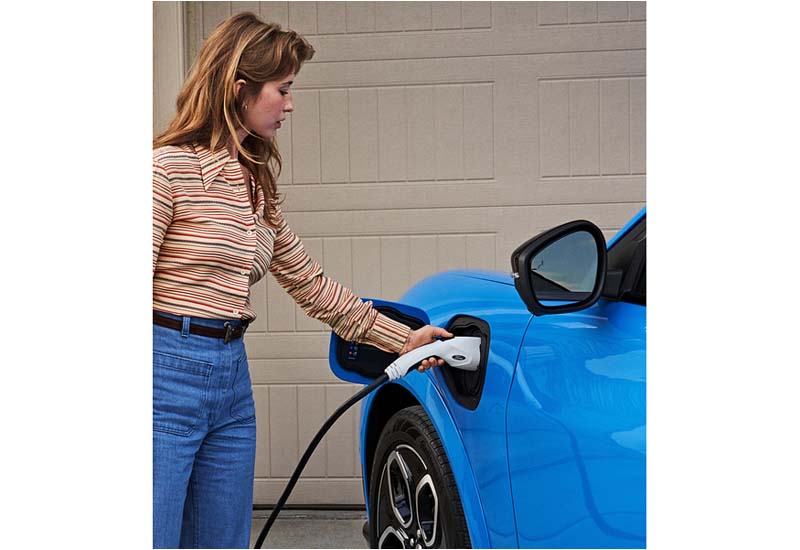Ford’s hot-selling electric SUV, the Mustang Mach-E, just took a major blow to its value proposition. Come January 1st, 2024, the Mach-E will no longer qualify for any electric vehicle (EV) tax credits from the federal government. Meanwhile, Tesla’s Model Y SUV will retain the full $7,500 credit. This sudden drastic difference puts Ford at a significant competitive disadvantage versus Tesla overnight.
What gives? It comes down to where the EVs and their batteries are manufactured. The Model Y and its batteries are made in the USA, meeting new requirements for full credits. But with parts sourced globally, the Mach-E no longer qualifies under the updated regulations.
This shockwave couldn’t come at a worse time for Ford. The Mustang Mach-E accounts for over 50% of Ford’s US EV sales, serving as the cornerstone to their electrified future, 2024 Ford Mustang Mach-E rally electric SUV for Off-Road fun up to 480HP. And the business is already struggling mightily – Ford’s EV division has lost $3.1 billion in just the first 9 months of 2023. Slashing the Mach-E’s value by $7,500 per vehicle could be backbreaking.
In fact, Ford just cut Mach-E prices by up to $5,600 to stay competitive. But losing all EV tax credits entirely? Ford is bracing for drastic consequences – their EV chief officer warned that some Mach-E trims may now be unprofitable on a per vehicle basis.
Meanwhile, Tesla remains firmly profitable while keeping sticker prices reduced by EV credits. This spells disaster for Ford, who banked on the Mustang Mach-E leading the company’s electric movement for years to come.
The playing field between legacy automakers and agile disruptors has never looked more uneven. With the Model Y retaining its EV tax credit advantage, Ford faces intense pressure to cut costs and boost production volumes for the floundering Mach-E. And fast – because come January 1st, 2024, Tesla’s value proposition blows them out of the water.
